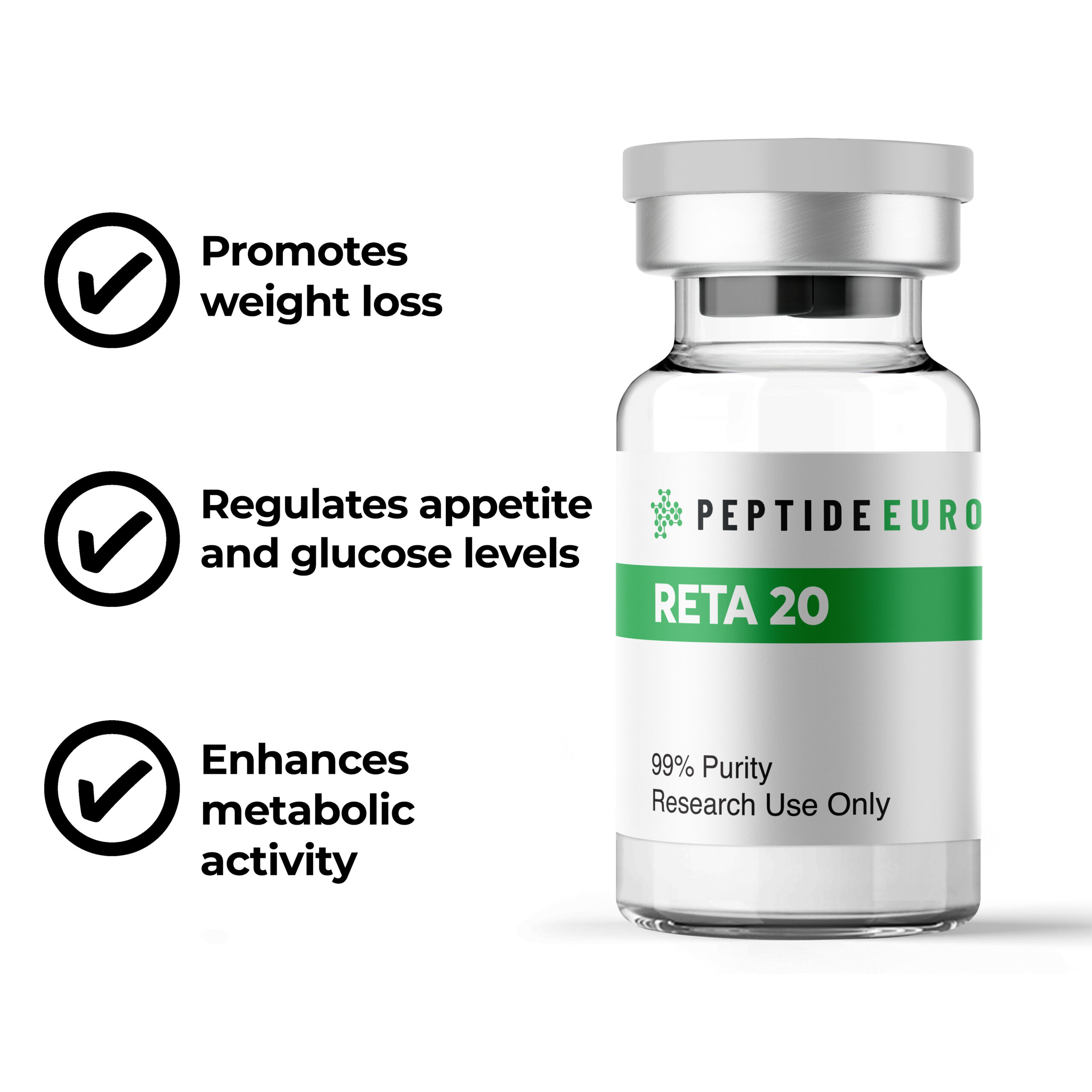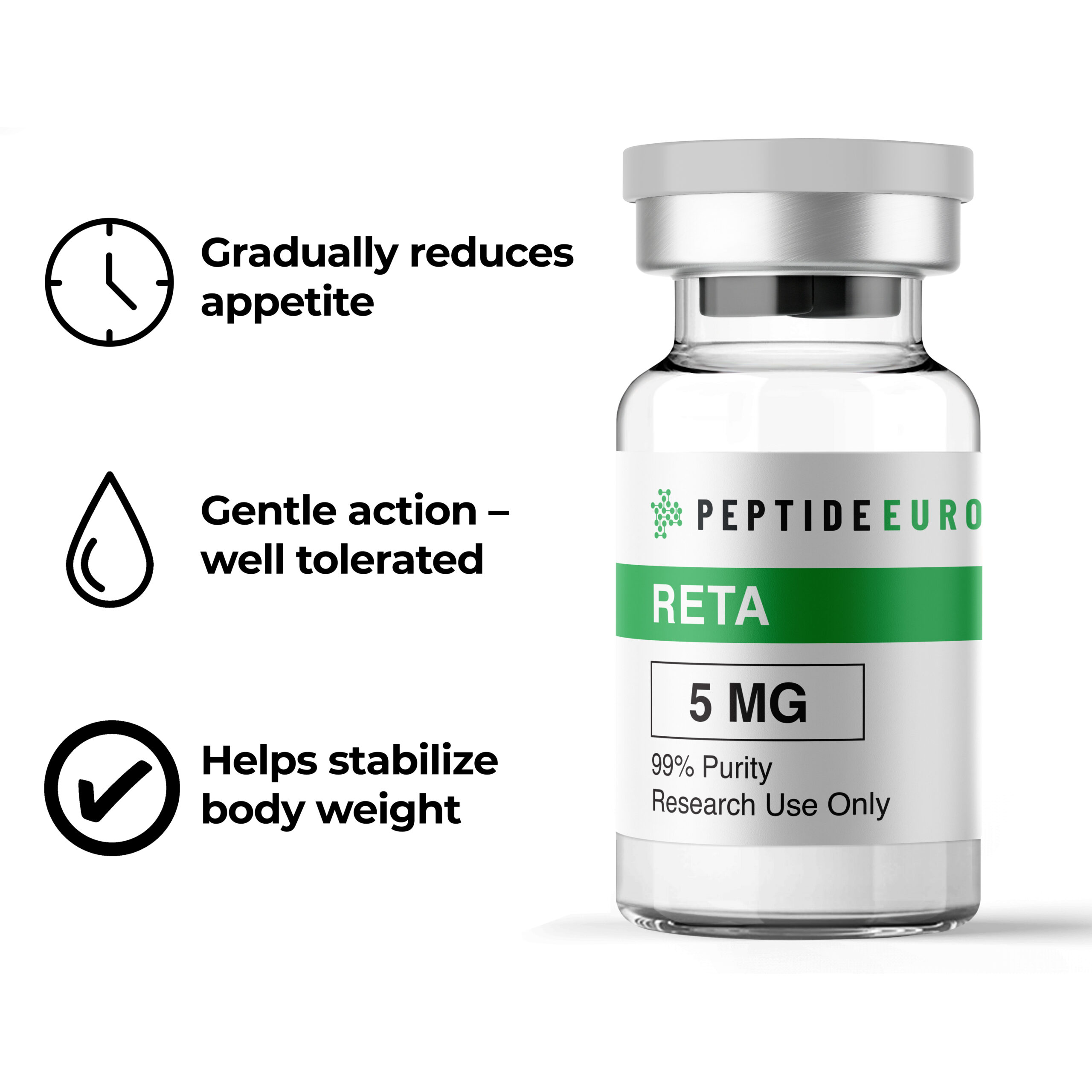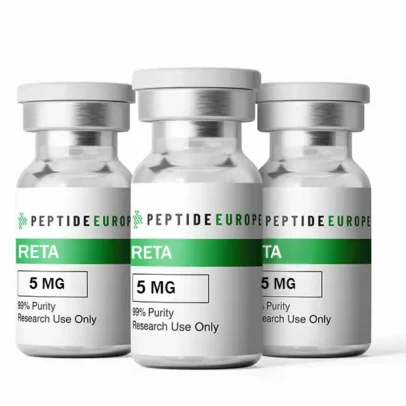Magnesium salts of fatty acids – are they safe for humans?
-
PepEurope
- Posted on
- 0 comments

Whenever we reach for a snack, supplement, or even a seemingly healthy packaged product, we are surrounded by a long list of ingredients, many of which are difficult to pronounce or understand. One ingredient that often appears on labels but is still poorly understood by many consumers is magnesium salts of fatty acids, also known as E470b. Despite its technical name, this compound is actually quite common in food and supplement production and serves very practical purposes.
However, with the growing interest in healthy eating and growing concerns about additives, many people are asking: Is it safe? Does it have any impact on our health?
In this article, we'll take a closer look at what magnesium salts of fatty acids (E470b) really are, how they're used in everyday foods and supplements, what research says about their safety, and whether there's reason to be cautious. We'll also address common myths and questions to help you make more informed choices when shopping for food and supplements.
What are magnesium salts of fatty acids?
In essence, magnesium salts of fatty acids are chemical compounds formed when magnesium reacts with fatty acids, which are naturally occurring substances found in both plants and animals. While the term may sound like a complex chemical formula, its role is surprisingly simple. In the food industry, these salts are valued for their ability to improve the physical properties of products.
They act as emulsifiers, allowing ingredients that normally don't mix, such as water and oil, to combine into a homogeneous mass. Additionally, they act as anti-caking agents, preventing powders from clumping during production, storage, and transport. In supplements, they improve the flowability of powders, facilitating the production of tablets and capsules of uniform size and consistency.
Despite the presence of magnesium in chemical form, it's important to remember that magnesium salts of fatty acids are not a significant source of magnesium in the diet. Their primary purpose is functionality, not nutritional value—they ensure that products look good, have a smooth consistency, and maintain their intended structure.
Where can you find magnesium salts?
Magnesium salts of fatty acids are more common than most people realize. In food products, they can be found in everything from baked goods like cookies and bread to ice cream, margarine, and even processed meats. They serve to improve texture, prevent separation, and extend shelf life.
For example, in margarine, E470b helps maintain a uniform, spreadable consistency, and in ice cream, it can prevent crystallization and improve creaminess. In supplements and pharmaceuticals, magnesium salts are even more common. Tablets, capsules, and powdered formulas use E470b to ensure smooth production, prevent sticking in machines, and maintain a consistent dosage. If you look closely, you may see them labeled as E470b, magnesium stearate, or magnesium salt of fatty acid, which can be confusing for those who rarely read product ingredients.
Being aware of these labels is important, especially for people who follow the principles of clean eating or want to limit their consumption of processed additives.
Reta Support Formula 20 (GLP-1 + GIP + GCGR)
3 x RETA 20mg PACK
Tesofensine Supplements (Weight Loss/Neurotransmission)
Magnesium salts and health – facts and controversies
The safety and health effects of magnesium salts of fatty acids have been widely discussed in both the scientific literature and the health media, and opinions vary.
On the one hand, regulatory agencies such as European Food Safety Authority (EFSA) and the World Health Organization (WHO) consider E470b safe to consume in amounts typically found in foods and supplements. Research suggests that it does not pose a significant health risk at these levels. Potential benefits have also been identified. For example, magnesium salts may enhance the absorption of fats and fat-soluble vitamins, such as vitamins A, D, E, and K, which could theoretically support nutrient absorption from the diet. However, it's important to remember that the amount of magnesium in these compounds is very small and has no nutritional significance.
On the other hand, some critics express concerns. Some studies and anecdotal reports suggest that excessive consumption of magnesium salts, especially in supplements, may have minor negative effects, such as slightly reducing the absorption of other nutrients. There is also a theoretical risk that, over time, the accumulation of the compound in the intestines could impair digestive processes or, in sensitive individuals, mildly affect the immune system.
Additionally, people with certain metabolic conditions should exercise greater caution, although there is no strong evidence linking normal E470b consumption with serious health problems.
Overall, the scientific consensus is that magnesium salts of fatty acids are generally safe, but the controversy highlights a larger problem: consumers often lack sufficient information about additives in their foods and supplements. Reading labels and understanding the role of each ingredient allows you to make choices that align with your health goals and dietary preferences.
Magnesium stearate and magnesium salts – are they the same?
Magnesium stearate is the most recognizable form of magnesium salts in supplements and pharmaceuticals. It is a specific compound made by combining magnesium with stearic acid, a type of fatty acid. Although the terms "magnesium stearate” and “magnesium salts of fatty acids” (E470b) are often used interchangeably, E470b can also include other fatty acids, making it a broader category.
Functionally, both magnesium stearate and E470b serve the same purpose: improving flowability, preventing caking, and facilitating tablet production. The difference lies primarily in their chemical composition and labeling, which can sometimes confuse consumers avoiding certain additives.
In fact, both forms are extensively studied and generally considered safe for humans when used in regulated amounts.
Reta Support Formula 20 (GLP-1 + GIP + GCGR)
3 x RETA 20mg PACK
Tesofensine Supplements (Weight Loss/Neurotransmission)
Expert opinions and legal provisions
Experts in food science and nutrition generally agree that magnesium salts of fatty acids pose no health risks under normal use. They have been approved for use in foods and supplements by global regulatory bodies, including EFSA, FDA and WHOthat monitor acceptable levels to ensure safety.
Despite this, many conscious consumers prefer products that adhere to the Clean Label philosophy, which emphasizes minimal additives, transparent ingredients, and natural alternatives whenever possible. Choosing supplements or food products with fewer artificial additives can provide peace of mind and align with preferences for more natural products.
Ultimately, understanding the purpose of the application E470b and its regulated use allows consumers to make informed decisions without unnecessary fear or misunderstanding.
Summary and recommendations for consumers
Magnesium salts of fatty acids are a practical and widely used ingredient in foods and supplements. Their main role is to improve texture, prevent clumping, and promote production uniformity. Although they are generally considered safe and do not provide a significant source of magnesium, some consumers choose to limit their intake for personal or dietary reasons.
A balanced approach is recommended: read labels carefully, choose products that prioritize transparency, and consult a dietitian if you have concerns about interactions or sensitivities. The key is awareness, not avoidance.
Understanding what magnesium salts of fatty acids are and how they work allows consumers to make decisions that support both convenience and health, without unnecessary worry.
Frequently asked questions
What are magnesium salts of fatty acids?
These are chemical compounds formed by combining magnesium with fatty acids, mainly used as emulsifiers and anti-caking agents.
Are magnesium salts healthy?
In typical amounts, they are considered safe but do not provide significant nutritional benefits.
Are magnesium salts a natural ingredient?
They may be derived from natural fats (vegetable or animal), but the final product is processed for use in food and supplements.
Is magnesium stearate safe?
Yes, when consumed in regulated amounts; it works similarly to E470b.
Should you avoid magnesium salts in supplements?
Not necessarily; they are generally safe, although consumers who prefer minimal additives may choose alternatives.
Can magnesium salts cause side effects?
Rarely, usually only when consumed in unusually large amounts; the main concerns are mild digestive problems or reduced nutrient absorption.
Do magnesium salts provide magnesium to the body?
No, they contain magnesium in chemical form, but it is not bioavailable as a dietary source.
Reta Support Formula 20 (GLP-1 + GIP + GCGR)
3 x RETA 20mg PACK
Tesofensine Supplements (Weight Loss/Neurotransmission)
Are you having difficulty losing weight despite diet and exercise?
Many people struggle with the frustrating problem of stubborn body fat that doesn't disappear, even with strict diets and intense exercise. This is often due to a slow metabolism, hormonal imbalances, or difficulty burning fat effectively.
What is the solution?
Weight-loss peptides offer a modern, research-backed approach. They help boost metabolism, regulate appetite, and promote fat burning naturally. By targeting the causes of weight gain, peptides can accelerate weight loss safely and effectively.
IN PepEurope Ltd We offer high-quality, scientifically formulated weight-loss peptides to help you reach your fitness goals faster and maintain a healthy, balanced weight. Remember, peptides are for research purposes only, not for consumption.














